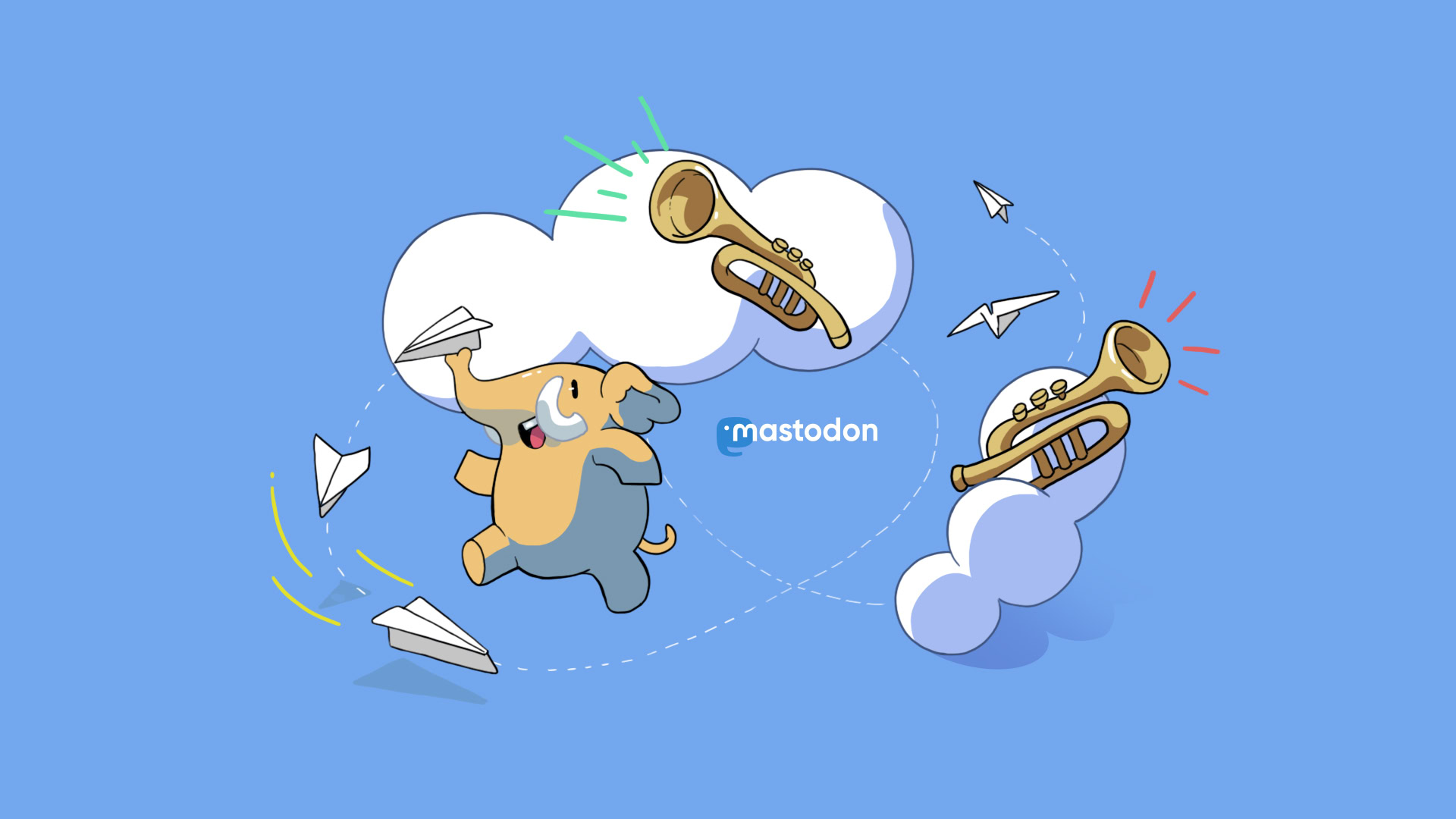Facebook, Instagram, Twitter. There are tons of social networks, but they all have something in common: they are centralized.
It may not seem like a big deal at first, but the problems start to appear when you delve deeper into the subject and start to learn about the problem of data centralization or at least the advantages of decentralization, a principle that decentralizes the power of information instead of the old centralized model of Meta, for example.
Centralized social networks have a central engine where they moderate, they create the algorithms, what you will or will not see, what you will be able to do and even if you will be able to participate. If you do not agree or abuse occurs: that is your problem. In general, current centralized networks are also closed source, that is, you cannot be sure what is being done with your data or how the information is presented to you, whether it is biased, transparent or full of ads and monetization.
That is where the power of decentralization comes in and why this model is growing so much.
From XMPP to Torrent to Mastodon, decentralization has been gaining traction around big tech companies that leak user data, manipulate elections, and censor content under the pretext of “doing this for their own security.” The decentralized model works like this: there are several Mastodon servers around the world (and you can create your own if you want), their names are “instances.” You can sign up for whatever you want, and that server can communicate with others, as if it were an email service. For example, the user user@google can communicate with user@facebook, see their posts, etc. Each instance is a federation with its own rules and values, and accepts whoever it wants, and can accept or not block communication with other specific instances. If you don’t like it, you can simply export your data to another instance and continue posting, publishing, and following the same friends from there. Therefore, an instance “without rules and without a clue” where harmful content is posted can simply be blocked by others due to its bad reputation, in addition to the fact that you choose who to follow, without an algorithm controlling this and you can simply ignore the bad content.
It is worth remembering that XMPP is also like this and that most Mastodon instances have a gateway through DW with an onion address, completely protecting your privacy.
It is also not difficult to imagine that these networks do not require a CPF, full name and identity verification so that you can say what you think and what is guaranteed by freedom of expression.
Did you like it? Want to know more? There is a very popular one that I even registered with, it is mastodon.social
Take a look at https://mastodon.social/explore
or go directly to my profile there: https://mastodon.social/@lorenbot
I hope this content has contributed to your learning and see you next time!
